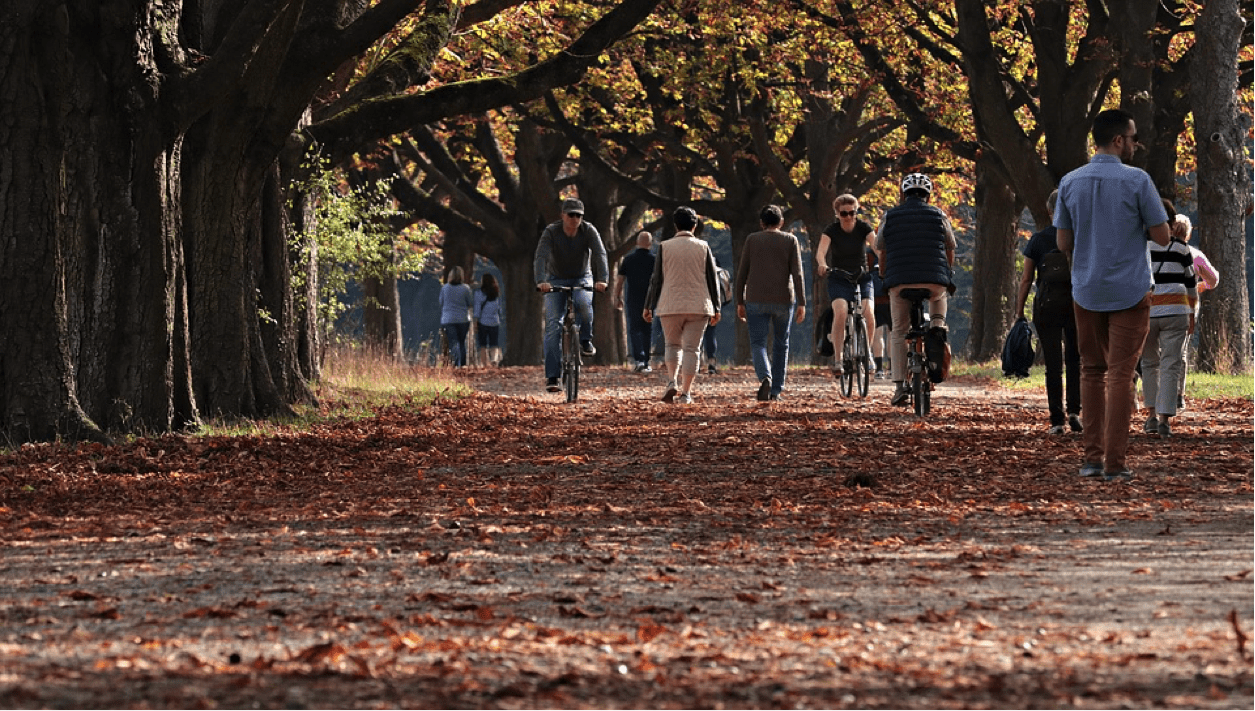By Iker del Val
Hey there, welcome back from fall break, a time to relax and not think about work. Unless you are a Sciences Po student, of course, in which case there were probably certain (or many) moments this week where you were studying or dwelling on the studying you were neglecting. Whether you were catching up on work or getting ahead for after the break, school was most likely often at the back of your mind.
Back in Reims after the break, the past few days have probably been a time of confronting the work you did or did not do during the past week. The ‘damn, I didn’t think I’d be this screwed’ looms heavy over the university. In all seriousness however, why is it that we feel guilty about not having worked during the holiday? A ‘break’ means an interruption, a stop, and being worried about studying during the break sounds very much like the contrary. So why do we worry?
Perhaps ‘break’ is an overly optimistic concept for our education planners whose intentions, though unfulfilled, are good. For all we know, vacation is just a formal requirement to which no greater importance is credited. What seems to be true is that what we expect from the break – an actual temporary halt – is not what we get. The mere fact that we stress about not working during what is supposed to be a period of no work is symptomatic. Our ‘breaks’ are, in reality, void of any real rest and are instead full of business, of restlessness, of work..
An inconsistency underlies the whole concept of taking a break: no proper resting takes place, but we should not bend to that mismatch. We should not feel worried for, precisely, ‘breaking’ for the week: that’s precisely what it’s for.
Not only should we not feel guilty, but we should not be made to feel that way. What makes us feel so? Workload. Why are we expected to work when it’s supposed to be a recess? Perhaps the work we are assigned has overstepped its limits. Maybe the boundaries of the ‘urge to work’ are being pushed to new margins. Summer is the time to do internships and to volunteer; breaks are to catch up or to prepare for what is to come. In short, rest is taken out of the equation. We live in a culture which crowns productivity at the expense of our leisure, of our free time, time during which we should genuinely be free to do what we please.
Even the very word ‘break’ is suggestive of this overstepping of work: the fact that we need a ‘break’ from our daily endeavors somehow implies that it is not entirely sustainable. It suggests that we could not take it without halting it. That is, we have to stop working to be able to bear it afterwards. The contemporaneity of fulfilling leisure and fulfilling occupation no longer holds: it is dismantled. We cannot live at the rate we are working.
All in all, it’s not just the guilt over work that is wrong; it’s the quantity of work itself that is disproportionate. Not only should we fight the constant worrying associated to it, but we should also question the very implications of its load. And if it’s making its way into times where are meant to be free, then we maybe we should think twice about the power we give it.
Surely our university gives us great opportunities: we all benefit and grow thanks to them. But the propensity to feeling guilty for resting seems to be beyond what we should accept. So yes, work hard, but chill harder. Your freedom and sanity may be at stake.
Iker del Val is a Culture writer for the Sundial Press. Born and raised in Spain, he has also lived in California and Italy, where he was editor of the philosophy magazine DoWeKnow. He is now a first year student in the Euro-American program.
Other posts that may interest you:
Discover more from The Sundial Press
Subscribe to get the latest posts sent to your email.




